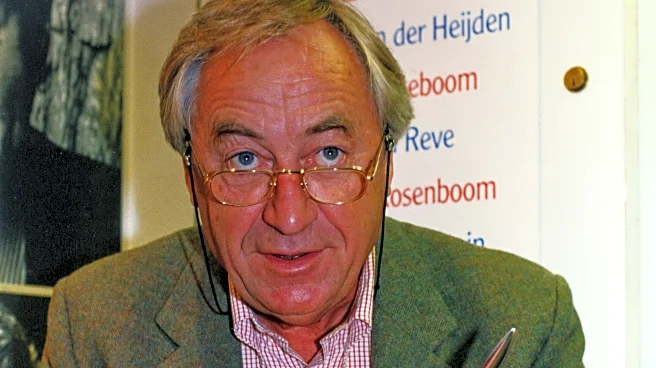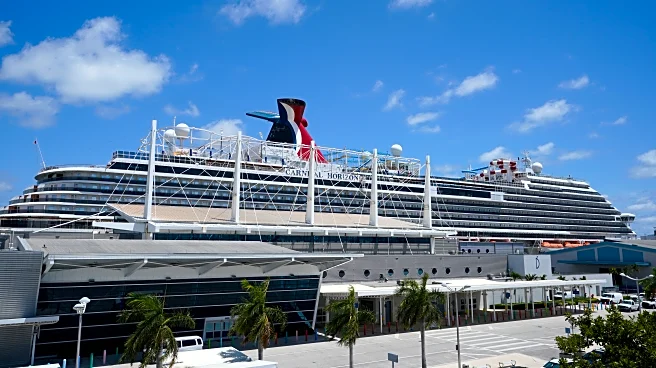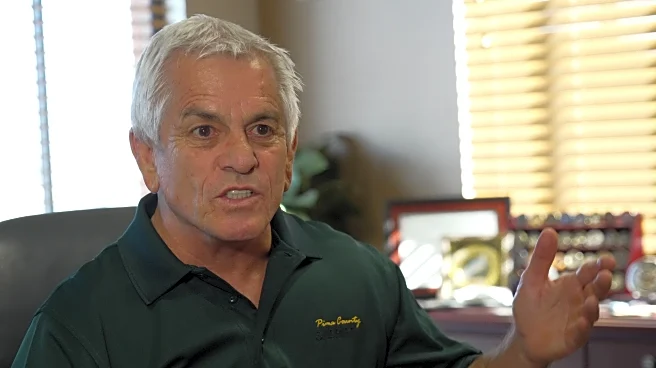What's Happening?
The trial concerning the 2019 crash of a Boeing 737 MAX8 jet in Ethiopia is set to commence on Monday, November 3, in the Chicago Federal District Court. U.S. District Court Judge Jorge Alonso will preside
over the proceedings, which involve two of the five designated cases related to the crash. The trial will begin with jury selection on Tuesday morning, followed by opening statements in the afternoon. The litigation is led by Robert A. Clifford, founder and senior partner of Clifford Law Offices, representing 68 victims' families. The crash, which occurred on March 10, 2019, resulted in the deaths of all 157 passengers from 35 countries. The initial cases involve the estates of Mercy Ngami Ndivo from Kenya and Shikha Garg from India, both represented by different law firms. The trial is expected to last approximately 10 days.
Why It's Important?
This trial is significant as it addresses the accountability of Boeing for the tragic loss of lives in the 2019 crash. The outcome could have substantial implications for Boeing's legal and financial responsibilities, as well as its reputation. The families of the victims seek justice and compensation for their losses, highlighting the broader issue of corporate responsibility in aviation safety. The trial also underscores the international impact of the crash, with victims from multiple countries, potentially influencing global aviation regulations and safety standards.
What's Next?
Following the conclusion of these initial cases, 11 additional cases remain unresolved. The trial's outcome may prompt further legal actions and settlements. Boeing's response and any potential changes in its safety protocols or corporate policies will be closely monitored by industry stakeholders, regulatory bodies, and the public. The trial's progress and verdict could influence future litigation strategies and regulatory measures in the aviation sector.
Beyond the Headlines
The trial may also bring to light deeper issues regarding aviation safety and regulatory oversight. It could prompt discussions on the ethical responsibilities of corporations in ensuring passenger safety and the adequacy of current aviation regulations. The case may also influence public perception of air travel safety and corporate accountability, potentially leading to long-term shifts in industry practices and consumer trust.











